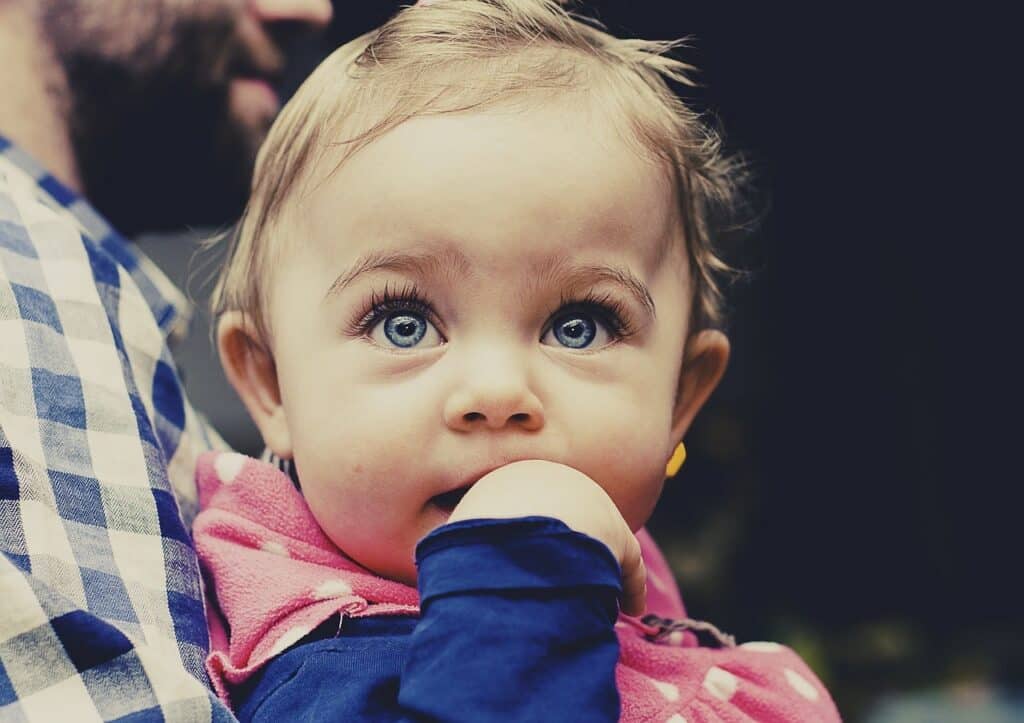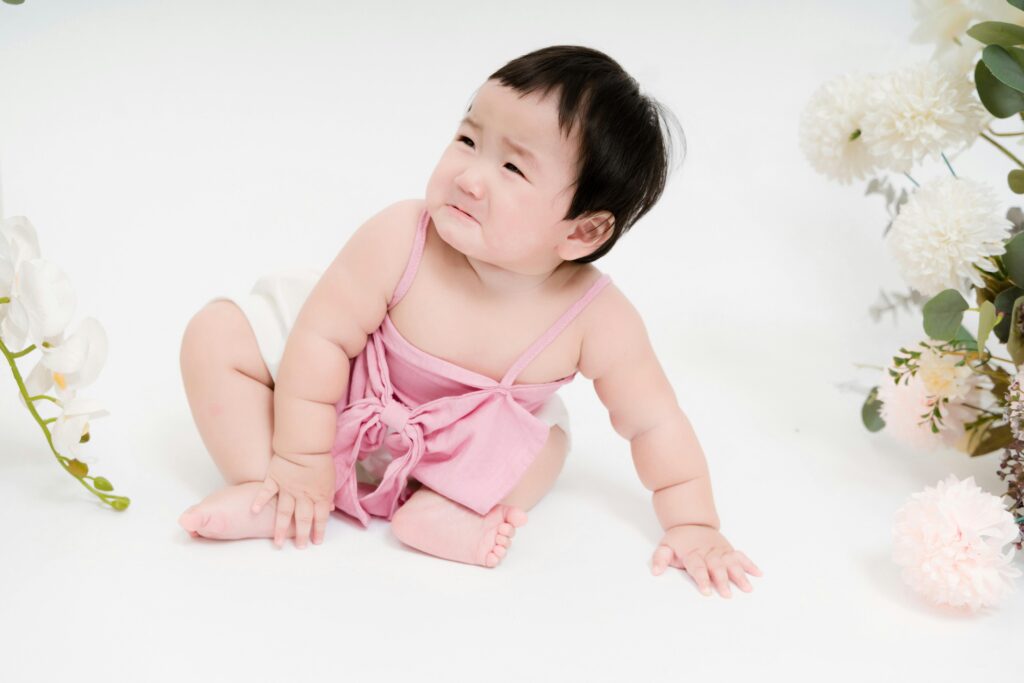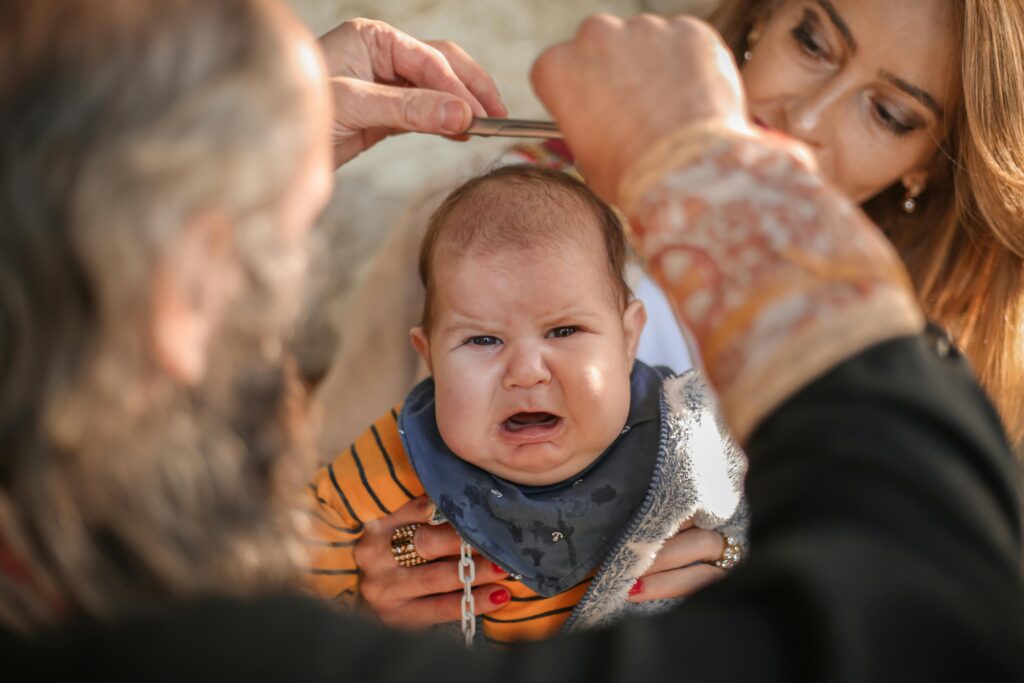Battered Baby Syndrome

Battered Baby Syndrome may be defined as a child who has received repeated physical injuries as a result of non-accidental violence produced by parents or legal guardians.
SYNONYMS OF BATTERED BABY SYNDROME:
- Shaken Baby Syndrome
- Abusive Head Trauma
- Child Abuse Syndrome
- Caffey’s Syndrome
- Maltreatment Syndrome in Children
- Non-accidental Injury
PREDISPOSING FACTORS OF BATTERED BABY SYNDROME:
1. CHARACTER OF PARENT
Low socioeconomic condition
Stressful life
Single parenthood
Drug addict
Alcoholics
Arrogant and rude parent
Lack of education
Broken family
Adultery or second marriage
2. CHARACTER OF BABY
Incessant crying
Whining infancy
Excessive fussiness
Failed to learn toileting
Refusal to take food
Disobedience
Hyperkinetic baby
Unwanted child
Usually, less than 3 years
Male children are slightly more vulnerable
Normally, the eldest or youngest one suffers more
TYPES OF INJURIES FOUND IN BATTERED BABY SYNDROME:
Battered child syndrome is most often diagnosed by an emergency department room physician or pediatrician or by teachers or social workers.
Physical examination will detect injuries such as
abrasions on different parts of the body.
bruises with the various ages.
burn may be found .
painful swelling may be found
retinal hemorrhages are occasionally found (bleeding in the back of the eye).
Internal damage times occur such as bleeding or rupture of an organ.
Fractures of long bones or spiral-type fractures resulting from twisting and fractured ribs or skulls.
DIAGNOSIS OF BATTERED BABY SYNDROME:

- Establishing the diagnosis is often hindered by
- the excessive cautiousness of caregivers or parent
- by the actual concealment of the true origin of the child’s injuries as of a result of a fear, shame, and avoidance or denial mechanisms.
- Symptoms may be including
- a delayed visit to the emergency room with an the injured child
- an implausible explanation of the cause of the child’s injury
- Bruises that may be match the shape of a hand, fist, or belt
- The presence of a injuries at different stages of the healing (i.e., having occurred at a different times) is nearly always indicative of BCS.
- X-rays and the other imaging techniques are such as MRI or scans, may confirm or reveal other the internal injuries.
AFTERWARD EFFECTS OF BBS

- a poor self-image
- sexual acting out
- an inability to love or trust others
- aggressive, disruptive, or illegal behavior
- anger, rage, anxiety , or fear
- self-destructive or self-abusive behavior
- suicidal thoughts
- passive or withdrawn behavior
- fear of entering into a new relationships or activities
- school problems or failure
- sadness or other symptoms of depression
- flashbacks or nightmares
- drug or alcohol abuse
